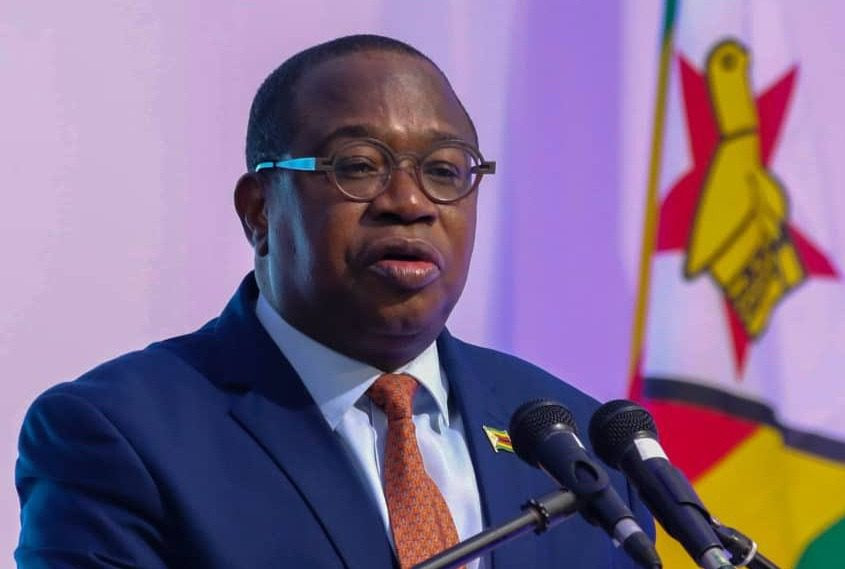
PROVISION of critical health services in Zimbabwe and the southern Africa region remain compromised as foreign debt continues to accumulate, a new report compiled by ActionAid has disclosed.
The exclusive report, titled Who Owes Who? External Debts, Climate Debts and Reparations in the Jubilee Year, was published this week ahead of the African Union (AU) Heads of State and Government Summit in Addis Ababa, Ethiopia, next week.
According to the humanitarian organisation, Africa is owed approximately US$36 trillion in climate debt, including other debts for reparations, failed promises and ongoing economic exploitation.
This has seen over three-quarters of all low-income countries spending more on foreign debt than on their healthcare systems and more than half spending more on debt servicing than education.
“Rich polluting countries owe low- and lower-middle-income countries US$107 trillion in climate debt. This is more than 70 times greater than the total foreign debt of US$1,45 trillion that lower-income countries collectively owe,” the report read.
“The new data reveals that over 50 times more is owed to African countries by rich countries for polluting the atmosphere and triggering a climate crisis than is owed by Africans in total foreign debt.”
According to ActionAid, there is an unjust global credit rating system that is driving the debt crisis in most African countries.
It said Africa was being charged extortionate interest rates on loans at an average of 9,8%, compared to rich countries' average of 0,8%.
- Pay civil servants : Action Aid Zimbabwe
- ‘Capacitate smallholder farmers’
- ActionAid writes to ED over food prices
- Letter from America: A new culture war is brewing over abortion
Keep Reading
“The African Union’s declaration is that 2025 is the year of reparations and presents an opportunity to stand up to both historical injustices and the continuing injustices that arise from the colonial international financial architecture,” the report said.
ActionAid called on the AU and other movements to prioritise the establishment of a new UN Framework Convention on Debt to replace the present unfair, colonial architecture based on the International Monetary Fund benchmarks and unite to demand debt cancellation as part-payment of the climate debt and other reparations owed by rich countries.
Meanwhile, ActionAid Zimbabwe country director Joy Mabenge has said there is an urgent need an overhaul systems to give power to more responsible institutions.
“This Jubilee year, we need a fundamental overhaul of the global financial architecture, shifting the power over debt away from the IMF to a more representative and inclusive UN body,” he said.
ActionAid International secretary-general Arthur Larok added: “It is a travesty that African nations are being crushed under the weight of foreign debt, while the world’s richest countries continue to look the other way, evading their responsibility to pay for the climate crisis and reparations related to the slave trade and unfair economic practices.
“By forcing countries to prioritise debt repayment over essential services such as health and education or responding to the runaway climate crisis, the rich countries are pushing Africa to the brink.”
Young Urban Women programmes manager at ActionAid International, Chikumbutso Ngosi, said servicing of external debts and complying with conditions attached to IMF loans, were undermining health, education and climate action expenditure, particularly impacting women and girls.










